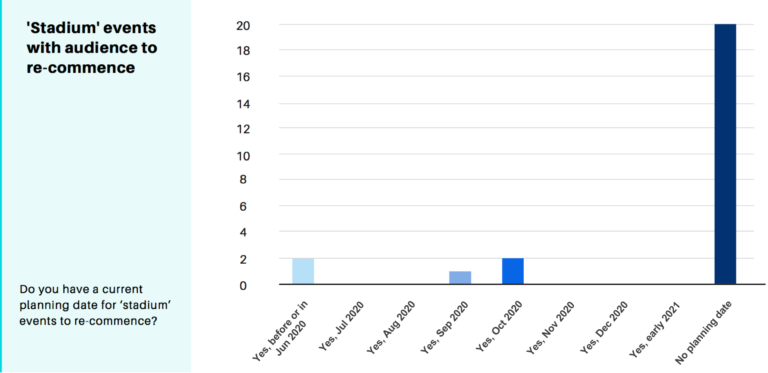[Source: SportAccord] The agreement strengthens FITEQ’s presence at the global sports industry’s most influential annual gathering, with SportAccord 2021 taking place from 23-28 May next year at the IEC Ekaterinburg-Expo in a dynamic and stunning sporting city situated at a crossroads between Europe and Asia.
FITEQ, which was founded in 2017, was a Gold Partner of the 2018 SportAccord World Sport & Business Summit in Bangkok before serving as a Bronze Partner for the inaugural Regional SportAccord Pan America in Fort Lauderdale last year.
The governing body of Teqball – a football-based sport that is growing rapidly worldwide and is practised by some of world top footballers and teams – was granted Observer Status by the Global Association of International Sports Federations (GAISF) Council in January. FITEQ was also previously recognised by the Olympic Council of Asia in 2018 and the Association of National Olympic Committees of Africa (ANOCA) in 2019.
FITEQ, based in the Olympic Capital of Lausanne, Switzerland, will be able to use its SportAccord 2021 Gold Partnership as a platform to build on its primary mission – to develop Teqball globally by supporting the establishment of national federations and uniting the sport’s international community.
SportAccord Managing Director Nis Hatt said: “We are delighted to have this Gold Partnership with FITEQ, the governing body of a sport that is widely regarded as among the most forward-thinking and innovative in our industry today.
“In a short space of time, FITEQ has already made tremendous progress in establishing itself, and the exciting sport of Teqball, at the heart of the international sports movement. We are looking forward to working with FITEQ in the coming months as preparations accelerate ahead of what will be an unmissable SportAccord 2021 in Ekaterinburg.”
FITEQ General Secretary Marius Vizer Jr said: “Our partnerships with SportAccord in the past have been highly successful and a Gold Partnership in Ekaterinburg will further enhance our efforts to connect with sports leaders from around the world and form strategic alliances that will support the global development of teqball. SportAccord is one of the most important events in the sports calendar for FITEQ, as it enables us to meet with stakeholders from across the global sports industry and share our vision for the most exciting and fastest growing sport in the world! Russia is also a key growth market for teqball and being a Gold Partner in Ekaterinburg will also give us the opportunity to connect with key stakeholders in Russian sport.”
The annual World Sport & Business Summit is a six-day event attended by leaders of the global sports community. As the only global sports industry event attended by all International Sport Federations and their stakeholders, SportAccord also brings together organising committees, hosting cities and regions, governments and administrations, rights-holders, agencies and athletes, as well as top-level experts and organisations from the sports media, technology, investment, medical and legal sectors.
Registration is open for the SportAccord World Sport & Business Summit 2021 in Ekaterinburg, the 19th edition of SportAccord’s flagship annual event. Organisations interested in becoming an official partner or exhibitor can contact SportAccord to discuss these investment opportunities by emailing sales@sportaccord.sport, with SportAccord also offering an interactive exhibition floorplan and 3-D flyover of the SportAccord 2021 exhibition space.
You can follow SportAccord’s portfolio of events via Twitter @sportaccord or keep up-to-date via LinkedIn and Facebook, YouTube and Flickr.













